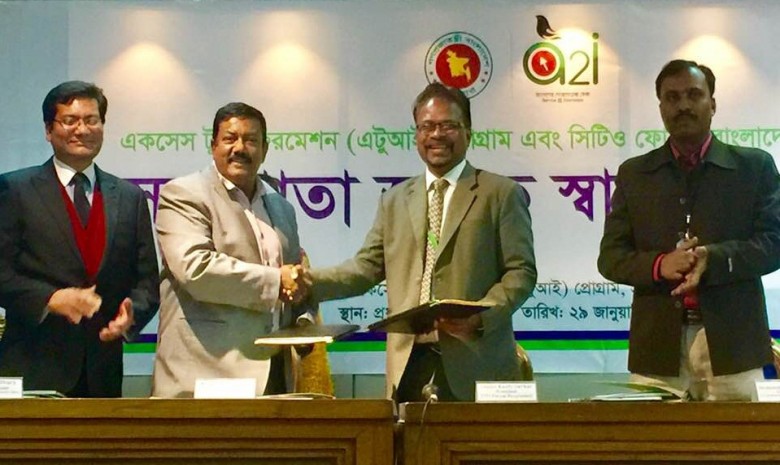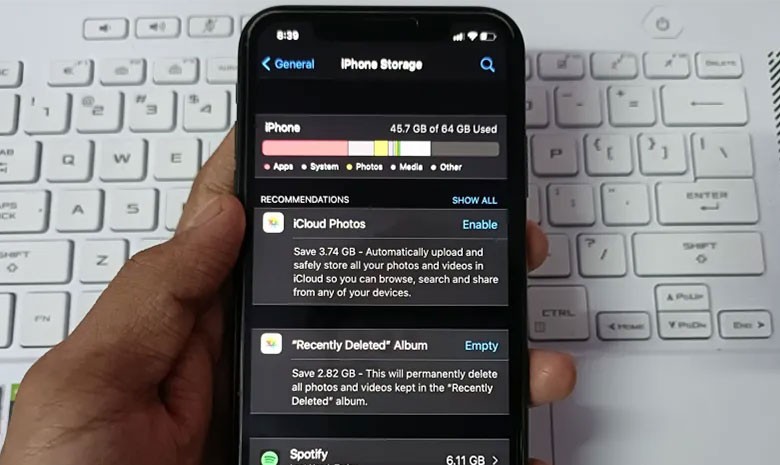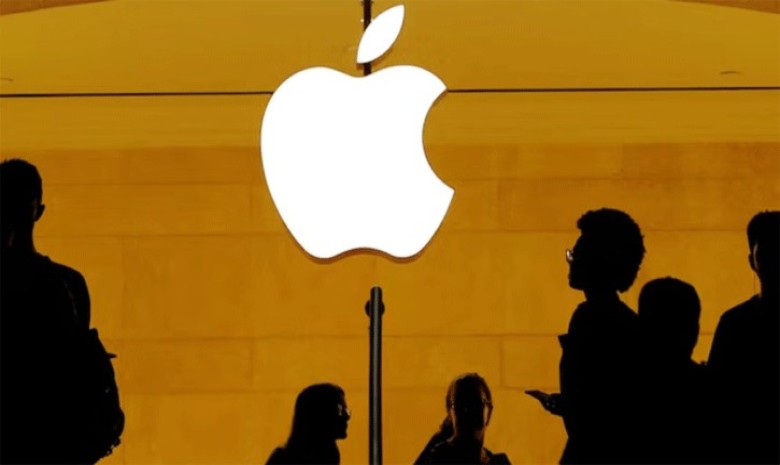Nowadays, for Android users, their phone functions like a mini-computer in the palm of their hand. Whether it's photos, videos, or apps, sufficient storage is essential to keep everything under control. However, it's often noticed that whether the phone is new or old, the storage gets filled up quickly. The problem is not only the number of photos or apps; rather, hidden and unnecessary files on the phone, which continue to occupy space in the background, are causing the device to slow down.
Experts recommend regularly identifying and deleting these files to improve the phone’s performance. Cache, old downloads, unused browser data, and hidden media from messaging apps—each small file can contribute to storage exhaustion. This report is not merely a warning but a practical guide for readers, which, if followed, can help keep the phone fast and efficient like new.
App cache data occupation
Every app temporarily stores certain files, known as cache. Social media platforms, browsers, and streaming apps generate the most cache. Cache helps apps run faster, but when left unchecked, it can consume gigabytes of space.
Clearing the cache does not delete personal information or logins. However, clearing app data will reset the app entirely and require re-login. Experts recommend deleting data from rarely used apps to resolve issues.
Identify old files
The downloads folder often accumulates PDFs, images, app installers, or videos that are no longer needed. Sometimes files received from another phone or via Bluetooth also reside there. By opening the downloads folder in the file manager and identifying large or old files, they can be deleted. This does not affect the functioning of other apps or services.
Browser cache and cookies
Browsers store images, cookies, and data from each website. This helps pages load faster, but when accumulated, it consumes storage and may prevent some websites from opening properly. Deleting old cache and cookies can free up storage. However, removing cookies will log out most accounts.
Offline maps in navigation apps
In navigation apps like Google Maps, users can download offline maps. But downloading large areas consumes significant storage. Deleting unnecessary maps can reclaim valuable space.
Residual files from uninstalled apps
When apps are uninstalled, not all files are removed. Large game or media apps often leave folders and cache files behind. Using a file manager, unnecessary folders can be deleted to free up space.
Hidden media in messaging apps
WhatsApp, Telegram, or Messenger automatically save every photo, video, and audio file. Even after deleting from chats, the files remain, wasting time and space. Using the app's ‘Storage Management’ feature, old media can be deleted to clear space.
Regular maintenance essential
Android users can regularly delete cache, download files, offline maps, and messaging media to recover valuable storage. This not only frees up space but also significantly improves the phone’s performance. Experts say, “If small files are managed properly, even an old phone can perform as fast as a new one.”
Total views: 896



























